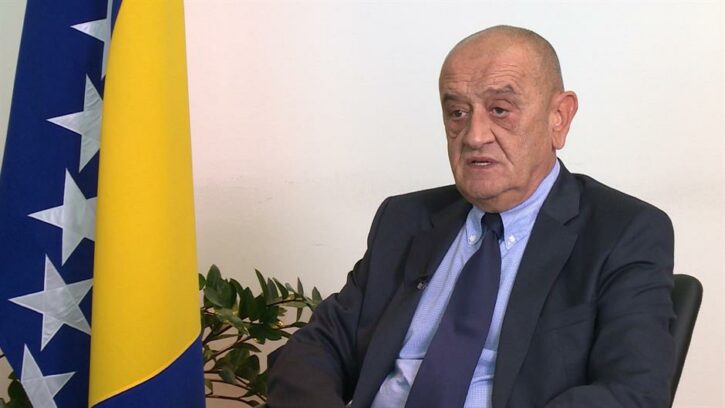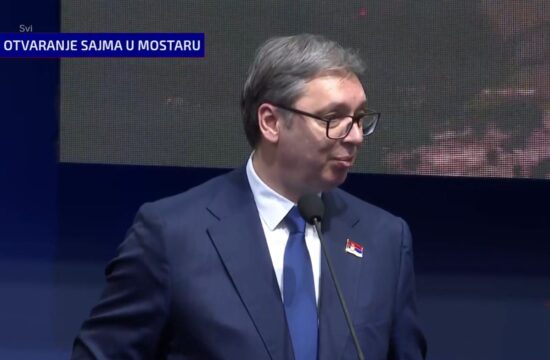
International loan in an amount of EUR 120 million for the construction of a Sarajevo-Mostar highway section is available for the immediate use, Bosnia's Finance Minister Vjekoslav Bevandaa confirmed for N1.
It is on the contractors now to effectively conduct the tender procedure, in line with the creditors’ rules, and to utilise the funds as soon as possible, the Minister said.
Bosnia and Herzegovina and the European Bank for Development and Reconstruction (EBRD) signed on September 12 a loan agreement worth EUR 180 million for Bosnia to build two sections and a tunnel on Bosnia's part of the Pan-European 5C Corridor.
The road is aimed to improve the country's connectivity with European markets, which is key to the further development of Bosnia, said EBRD's Sue Barrett following the signing of the document.
According to Bevanda, the remaining amount for the construction of a highway section from Mostar further to the south of the country will be available at the beginning of the next year.
Speaking about the loan arrangement between Bosnia and the International Monetary Fund (IMF), the Minister said the next instalment is not likely to be paid before the Bosnia's election scheduled in October.
He confirmed being told by the IMF that the next instalment will be halted due to the blocked law reforms in both Bosnia's entities, the Federation (FBiH) and Republika Srpska (RS).
IMF's resident representative in Bosnia, Francisco Parodi, earlier told N1 that the whole loan arrangement was jeopardised owing to the protesting veterans who are pressing for the laws treating their rights.
#related-news_0
“The stalemate in the arrangement with the IMF and lack of cooperation with the IMF has far-reaching consequences. The stalemate itself triggers the drop of the credit rating, a deadlock in the arrangement with the World Bank and all big creditors,” Bevanda warned.
Although it is possible to survive without these loans, according to the Minister, they are more favourable than other solutions such as treasury bills or bonds.
“That costs a lot more than the IMF's funds and it sends out a message that these most favourable sources of funding are becoming unavailable. That's why I'm in favour of the arrangement and to think twice when we sign that letter of intent, to think if we stand behind what we wrote,” said Bevanda.
The IMF's Executive Board approved a loan arrangement for Bosnia in September 2016 under the Extended Fund Facility (EFF) programme in the amount of some EUR 550 million. Since that date, the country has been undergoing frequent reviews by the IMF's experts who analyse if authorities are conducting recommended reforms in specific sectors.





